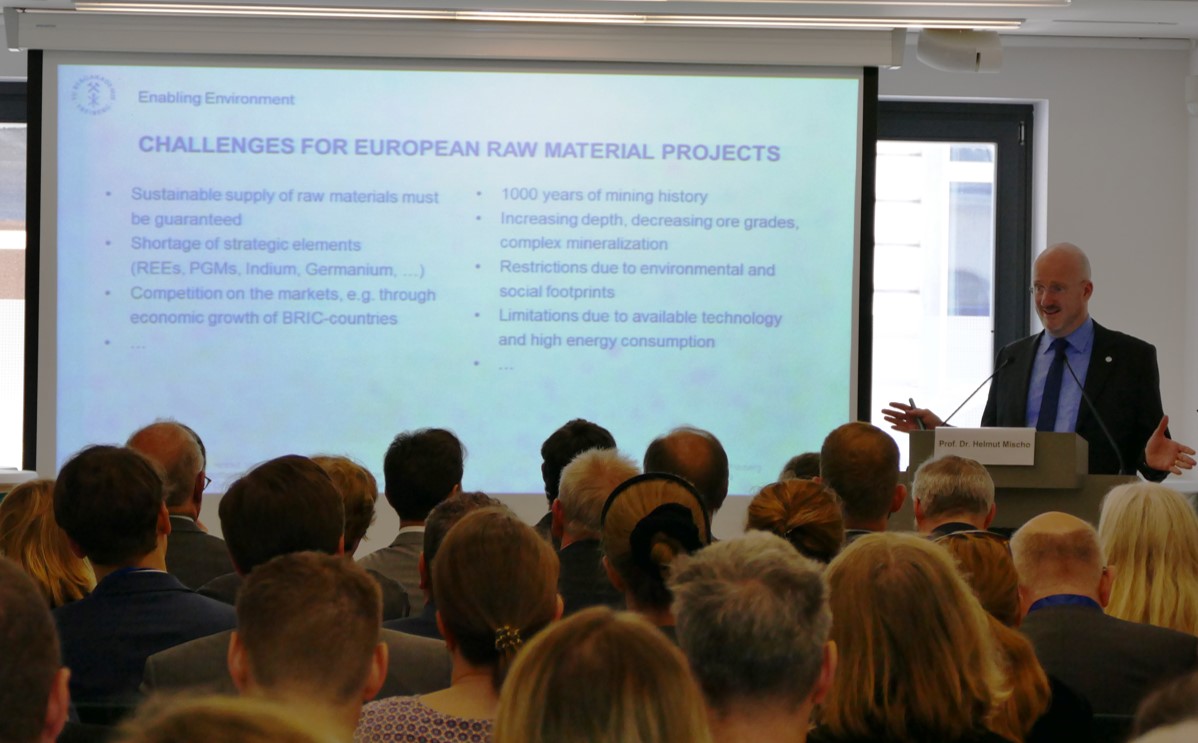
Skills and research for the mining of the future
- Thu, 18/10/2018
Until recently, mining was a synonym for the industrial crisis of “old” Europe. Mine shafts became a part of our industrial heritage and a reminder for a vanished tradition. But times have changed: mining in Europe plays a more and more important role in securing access to important raw materials for the future.
But where are the experts and the future innovations for the mining of tomorrow? What is necessary in research to assure that Europe can explore important raw materials on its own territory? How will mining fit into an increasingly circular economy? The Saxony Liaison Office in Brussels organised a side event to the European Week of Cities and Regions with the title Skills and Research for the Mining of the Future, where speakers from the field discussed and debated these questions.
Mining is still big business in Europe with 320,000 jobs and around 30,000 mines and quarries. Raw materials are the start of increasingly complex value chains. But as the importance of minerals increases, Europe is faced with importing valuable materials. As battery technologies improve and usage increases, the EU only produces 1% of its needs in lithium and graphite. This is why raw materials are no longer an afterthought but are a key aspect of the future EU policy.
Europe faces a supply challenge but has a long history of mining technology and skills. We now need to pick up the new challenges in techniques, technologies and talent and also exploit the networks that exist around Europe in mining. Mining is not just technology and talent but also must respond to social challenges and here there is a need to improve links to the local communities through ‘social licences to operate’ which build legitimacy and trust. Mines are man-made and as such can have a life after their lifetime – industrial heritage, re-landscaping encouraging new tourism, industrial usage, agriculture, energy storage, etc. Mines can also serve as research infrastructure and more thinking needs to be done around open access for researchers from across the EU and the standardisation, collection and sharing of data.
Support for mining and raw material production can come from many levels. The EIT on Raw Materials encourages a systematic approach to research, innovation and business development. The mining project MIREU encourages regions to share expertise and coordinate mining activities within regional innovation strategies where appropriate.
Please find below the presentations from the Saxony event Skills and Research for the Mining of the Future.
Comments